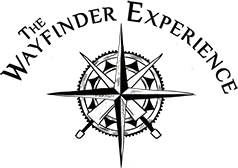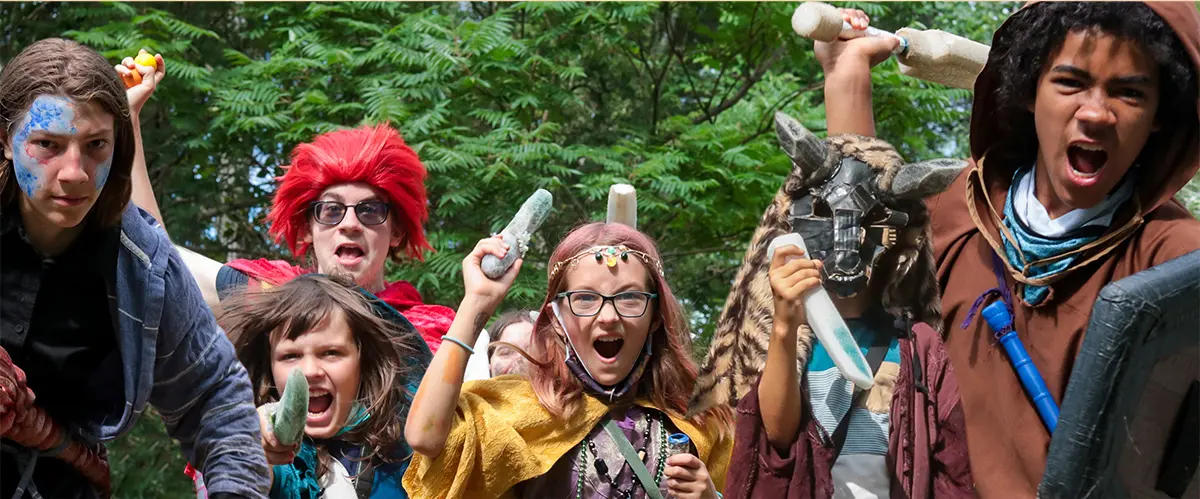Sign Up for Our Newsletter
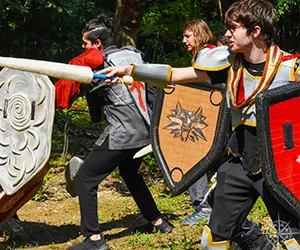
Mission
Our mission is to create supportive communities for youth that foster personal growth and empowerment through cooperative play and storytelling.
LEARN MORE ›

Programs
It’s more epic than your favorite fantasy movie. It’s more exciting than your favorite video game. It’s also a community of friends that accepts you for who you are.
LEARN MORE ›

Calendar
We have year round programs. Summer camps, classes and events. See what’s happening here.
LEARN MORE ›
What Is LARP?
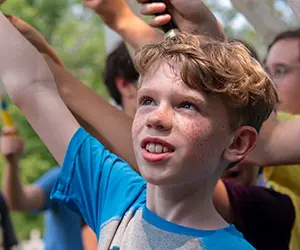
Hero Fund
The Hero Fund is our scholarship program to help kids and teens in financial need. We are very excited to be able to offer financial assistance to those who love camp, but could not otherwise afford it.
LEARN MORE ›
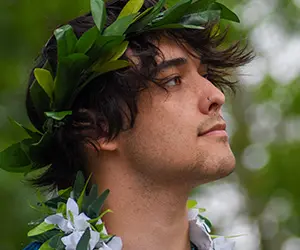
Staff
Our staff undergoes training in the fields of improvisational theater, story writing, and cooperative stage combat to prepare them to run an immersive live action roleplay experience.
LEARN MORE ›

Blog
Our blog is divided up into different series in which we share and discuss specific facets of our camp and community. Pick any of the series that interest you and start reading!
LEARN MORE ›
